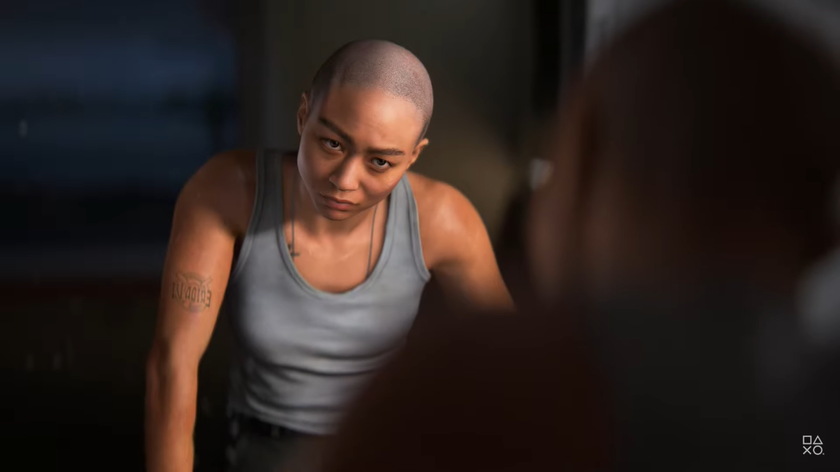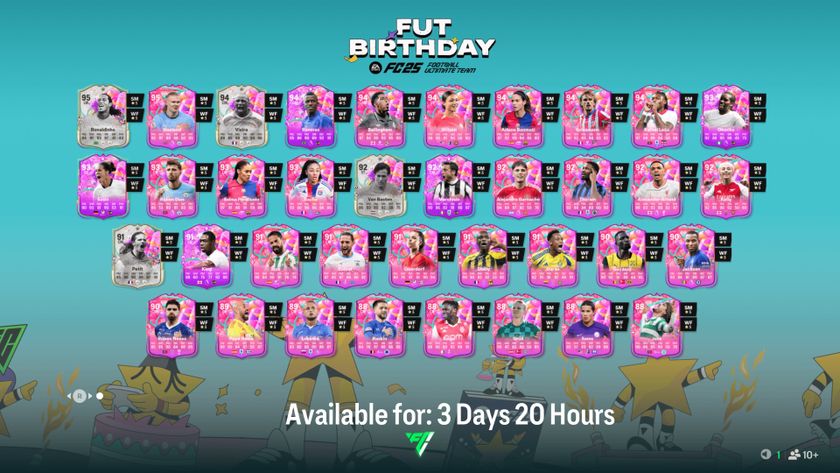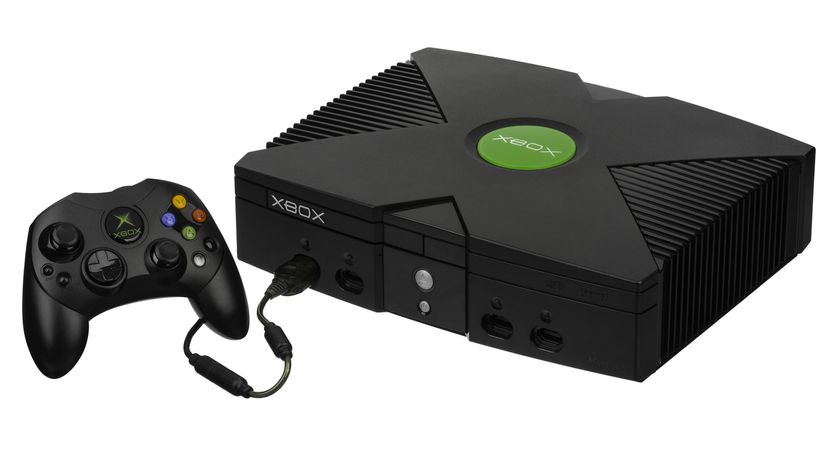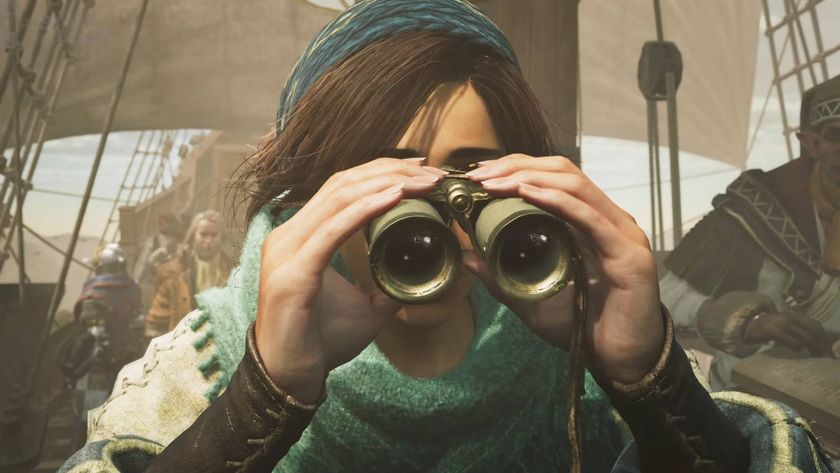No girls allowed in games? And what are games, anyway?

So, That Happened
Do not be alarmed. Though the title may be different, So, That Happened is still Happening. We've decided to rework the headline to better reflect the events of the week, since our research team found that people prefer having an idea of what happened instead of just knowing that some stuff did, in fact, happen. We were incredulous, but they had lab coats and clipboards so there was little room for discussion.
With all the next-gen systems out and most of the biggest holiday releases dwelling on store shelves, this is as close to "downtime" as video games ever get. That doesn't mean people have stopped talking about them, thankfully, or this would be a very short article. Read on to find out why video games changed from family electronics into toys for boys, why you should just call games games, and more.
Photo by U.S. Army RDECOM

No Girls Allowed
"Where in fact, the nonexistence of the audience was a self-fulfilling prophecy. When we did Purple Moon, one of the criticisms we got was 'Why do you need special games for girls?' I was like, 'Dude, everything else is for boys and you don't even know it. You're taking it for granted all this time.'"
Video games aren't just for boys. But looking at advertisements and the general population of your neighborhood specialty store, you might be fooled. Even more perplexingly, if you go back far enough in gaming history, the distinction almost vanishes. Why is the concept of video games still so closely tied to one gender? Tracey Lien explores this question in an illuminating feature for Polygon.
The problem isn't just the games being made, it seems to be the games people consider games. After all, the gender distribution of office workers playing Windows Solitaire or Candy Crush is much more even than people playing Call of Duty online. Heck, you can see it in the title of this website--we're GamesRadar, not FPS/RPG/ActionRadar, but you rarely see us talking about those other video games. Our bad.
Photo by Toby Deshane
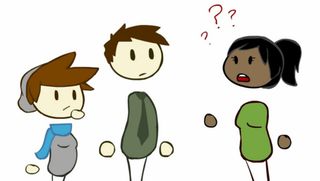
Extra Credits: What Is a Game?
"Usually the question of 'what is a game' is used as a smokescreen by those who are afraid of less traditional experiences, and want to discourage experiments like Device 6 and Loneliness. That way does not lie progress. There's no gain in the fear of the new. There's no benefit in dividing the community between real gamers and not real gamers, and yet that's all I see this discussion doing."
Human beings naturally like to classify things, because that's the way our brains tend to store information. So it makes sense that with a fast-growing medium like video games, there's a lot of defining to do. But there's a dark side to this labeling habit, Extra Credits points out in its latest video: it's great cover for exclusionary tactics.
Extra Credits is excellent because it's the Schoolhouse Rock of game criticism. With that comes some necessary simplification of complex issues, but in this case--the question of what is and is not a game--I think they could have gone even simpler. As long as people understand what you're talking about, why waste breath calling games "interactive experiences?" I posit that the proper answer to "what is a game" is nearly always, and I'm talking like 999 times out of 1,000 here, "f#$@ you."
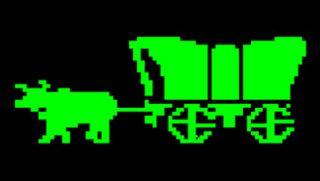
Why are software development estimates regularly off by a factor of 2-3 times?
"Man, this is slow going! Sand, water, stairs, creeks, angry sea lions! We are walking at most 2 miles per hour, half as fast as we wanted. We can either start walking 20 hours per day, or we can push our friends out another week. OK, lets split the difference: well walk 12 hours per day and push our friends out til the following weekend. We call them and delay dinner until the following Sunday. They are a little peeved but say OK, well see you then."
There are three kinds of video game news items: a game was announced, somebody said something stupid, and a game was delayed. As people who are perennially looking forward to some game or another, and are perennially disappointed when it's pushed months or even years past its lanned release date, it's easy to shake our heads at those clueless developers. "How could they have possibly not gotten this down yet?" we wonder to ourselves, polishing our monocles.
Well, the problem with making new stuff is that nobody's sure how to make it yet, as software entrepreneur Michael Wolfe illustrates in a wonderful Oregon Trail-inspired metaphor. Even the best design document won't account for all of the unexpected circumstances that could arise as materials coalesce and visions come into focus. There's a reason Call of Duty can come out every year, like clockwork: they already know what they're making because they've already made quite a bit of it.

What the Hell Is Wrong With Nintendo?
"Perhaps the most compelling argument for the idea that Nintendo might remove the GamePad is that it may be out of other solutions. I certainly wish it hadnt made such a total dogs breakfast of the Virtual Console classic games service, but even if that were to change overnight into a 'Nintendo paradise' service, a one-stop shop full of every major game from Nintendos decades of history at impulse-buy prices, that wouldnt fix Wii U by itself."
Prophesizing Nintendo's doom is a beloved pastime of gamers and the video game media. Whenever we need a good "how the mighty have fallen" story we can look to Kyoto for some minor-to-major flub. Despite the headline, that's not what Chris Kohler is doing in this Wired opinion piece. The Wii U and its GamePad are looking more and more like a pair of cement shoes, and he wonders what might be done to change that.
What's keeping Nintendo from selling Wii U without the GamePad at a reduced price? Even though Nintendo's recent games use the touch-screen-bearing paddle more for small conveniences than astounding new ways to play, the system is just so generic without it. Would Nintendo be better off cutting its losses with the GamePad, selling the Wii U for a few years as a cheap next-gen alternative, then coming back to market with something entirely new? I hope we don't have to find out.
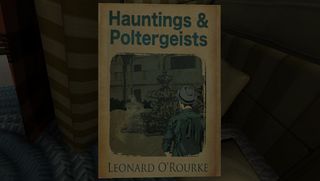
Gone Home v. Amnesia: Lessons in Player Agency
"Its this 'other' that gets in the way of what should be a direct interface between the game world and the player. A sort of constant deus ex machina that is always reminding you that this isnt real and its just a video game. The stretching camera and particle effects should be internalized within the players head, not externalized in the vision of the player or with piecemeal cockroaches. The human mind will always be more interesting than engineered 'insanity'."
Indie developer Greg Wohlwend is the only person I've ever heard describe Amnesia: The Dark Descent as more funny than it is scary. Here's something that's regularly cited as one of, if not the, most terrifying games ever made. So what went wrong to make Myst and Gone Home, neither of which are particularly noted for inspiring terror, so much more frightening to him?
Wohlwend describes it as an issue of player agency: that Amnesia feels too much like a cheesy carnival ride whereas the others let tension grow purely from the player's expectations. Another way to put it, more universally, is that minimalism and pacing are your friend. Unlike blockbuster horror movies and Halloween haunted houses, video games can take the time to put you in a creepy place and let it take hold of you--instead of just blasting jets of cold air in your face.
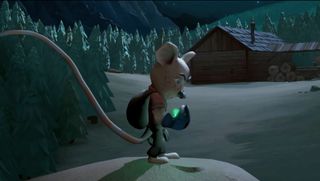
Indies going all in with self-publishing: an Ethan: Meteor Hunter post mortem
"When we saw Flippfly post on Race the Sun and its 771 sales we were a bit astonished and were thinking that with all of the shows weve been to, all of the communication we done the past months etc.. we should be fine. How nave we were Unfortunately we are not allowed to say anything about PlayStation 3 sales, but we are not happy with them at all either, so it doesnt seem to be a platform problem Just missing Steam, obviously? With all of games released now on Steam, it doesnt seem to be as important as it was. Still, cant be worse than 127 units!"
Not every indie game works out like Braid or Spelunky. The team behind Ethan: Meteor Hunter tried to do everything right: they purchased a promising concept from their old employers and struck off on their own to make it into a full-fledged digital release, according to a post-mortem on Seaven Studio's blog. The nine-person team went to events, sent out media requests, and courted an audience on Steam Greenlight in anticipation of an October release on PC and PS3.
After Ethan: Meteor Hunter's first month on sale, only 127 PC copies were sold. Its sales will probably improve if it ever makes it through Greenlight, but I doubt Seaven Studio is expecting to make back its members' savings. My favorite part of being involved with games at this very moment is how more games of more varieties than ever before are being created, but--just as its always been--that's no guarantee of success for any of them (particularly for another cartoony puzzle platformer).
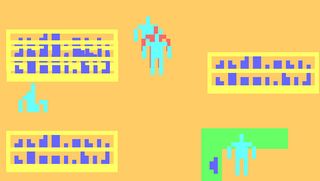
Jostle Bastard
So many people to jostle. So little time before the police arrive. Pippin Barr's Jostle Bastard is a less-violent-but-still-very-rude alternative to Hotline Miami: get in, shove some folks onto the ground, wreck up their furniture, leave. There's more to it than its Atari visuals suggest, though, as you'll learn from reading its dev diary.
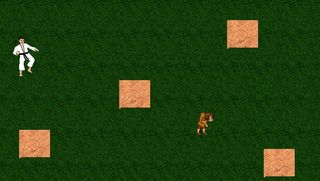
Glorious Trainwrecks
Why let YouTube LetsPlayers have all the fun with bizarre, possibly copyright-infringing games? Glorious Trainwrecks is a community dedicated to making games fast and free--as its motto indicates: "It doesn't matter if you've got talent, so long as you've got gusto. Your game does not have to be coherent--but it does have to be finished."
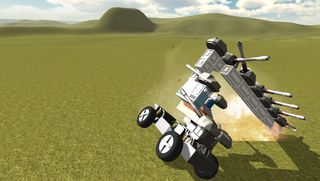
Scraps
Car combat games are experiencing a minor renaissance. Before you brush off Scraps as another Interstate '76 wannabe, watch its gameplay videos of customized armament-laden cars blasting themselves off of hilltops with the sheer force of kickback. There's even an alpha demo available if you want to try before you Kickstart it.

Your submission here
There's always more to talk about when it comes to video games. So instead of boring your family this holiday season with discussion of the finer points of game design, why not find a blog (or write your own) that says something neat and share it in the comments below? You'll get a more receptive outlet for your wisdom, and your cousins won't have to pretend they're texting as they Google "ludonarrative dissonance." Everybody wins.
Photo by Luca Sartoni

I got a BA in journalism from Central Michigan University - though the best education I received there was from CM Life, its student-run newspaper. Long before that, I started pursuing my degree in video games by bugging my older brother to let me play Zelda on the Super Nintendo. I've previously been a news intern for GameSpot, a news writer for CVG, and now I'm a staff writer here at GamesRadar.
